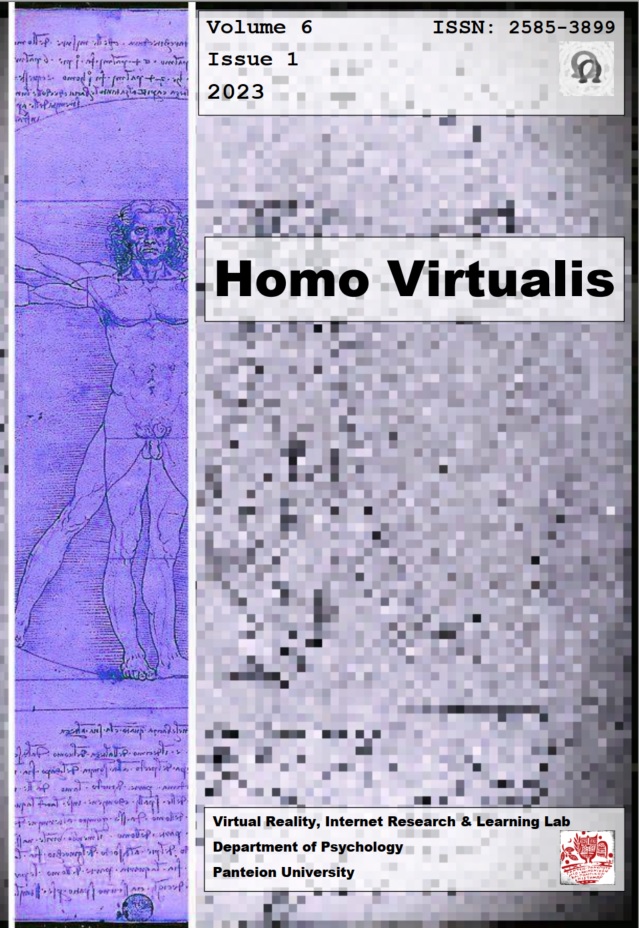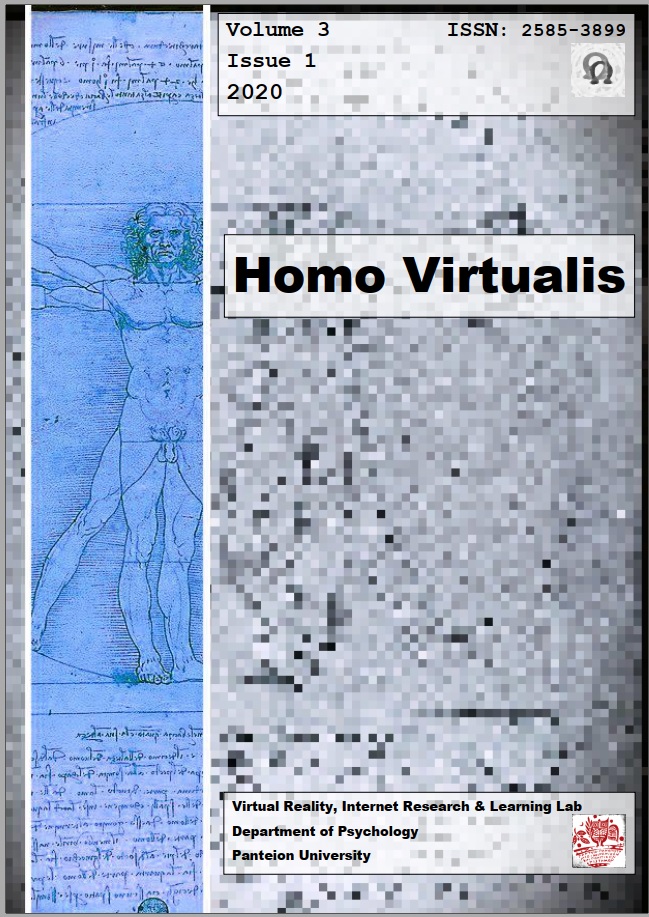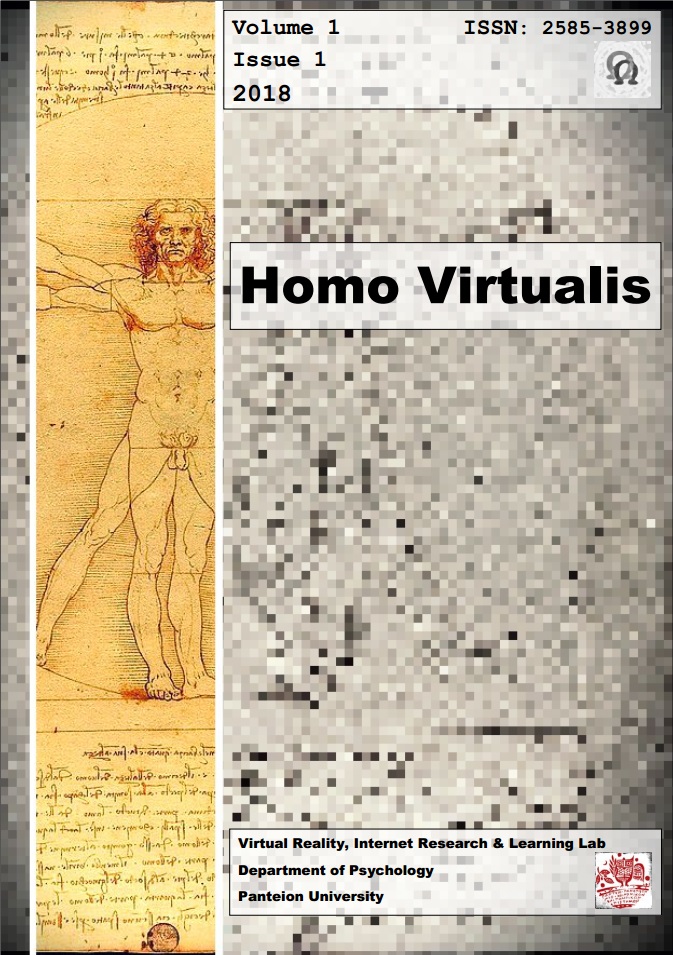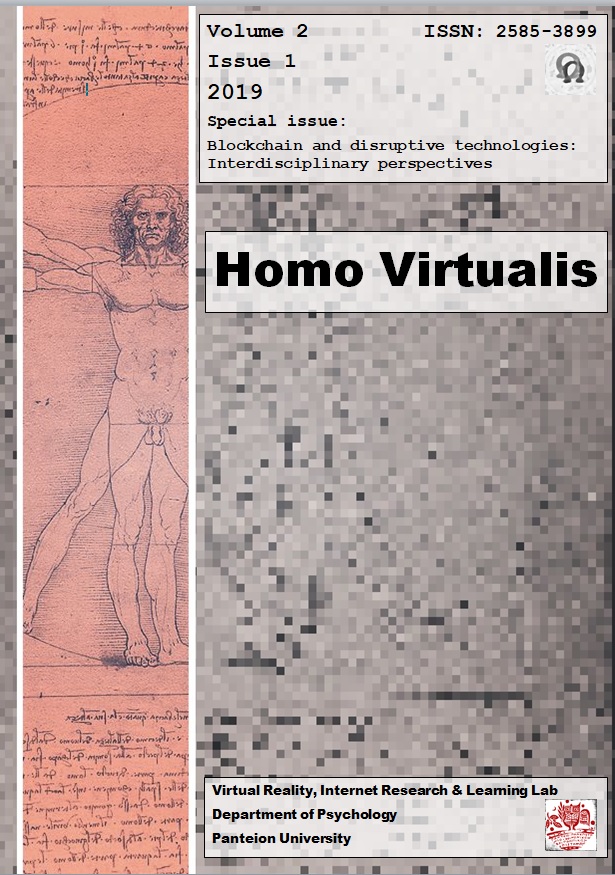Teachers' perspectives on the adoption of a Chatbot in the teaching and learning process
Аннотация
Chatbots are programs that, with respect to the principles of Artificial Intelligence, have the ability to engage in a conversation either through the use of text messages or through oral speech and offer services such as assisting program users, guiding web visitors, customer service, product advertising, or even answering questions about a specific subject matter. Considering the usefulness and proven benefits of Chatbots in numerous areas of daily life, a careful study, regarding the utilization / adoption of Chatbots in the teaching/learning process, is necessary. The introduction of Chatbots in the field of education, attributing to them the role of a teacher assistant who, on the one hand, will be available 24/7 to the students, supporting the learning process and answering their questions and, on the other hand, improving the working conditions of teachers, offering them more free time and the opportunity to add more quality features to their teaching work, constitutes a great challenge. In that context, the results of a relative research are presented, where teachers in secondary education after having tested Chatbots at a pilot stage, express their opinions.
Article Details
- Как цитировать
-
Dimitriadis, G., & Koskinas, K. (2023). Teachers’ perspectives on the adoption of a Chatbot in the teaching and learning process. Homo Virtualis, 6(1), 48–71. https://doi.org/10.12681/homvir.35965
- Раздел
- Articles

Это произведение доступно по лицензии Creative Commons «Attribution» («Атрибуция») 4.0 Всемирная.
Authors who publish with this journal agree to the following terms:
· Authors retain copyright and grant the journal right of first publication with the work simultaneously licensed under a Creative Commons Attribution License that allows others to share the work with an acknowledgement of the work's authorship and initial publication in this journal.
· Authors are able to enter into separate, additional contractual arrangements for the non-exclusive distribution of the journal's published version of the work (e.g. post it to an institutional repository or publish it in a book), with an acknowledgement of its initial publication in this journal.
· Authors are permitted and encouraged to post their work online (preferably in institutional repositories or on their website) prior to and during the submission process, as it can lead to productive exchanges, as well as earlier and greater citation of published work.






